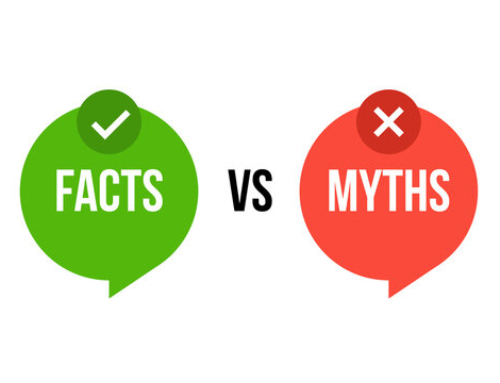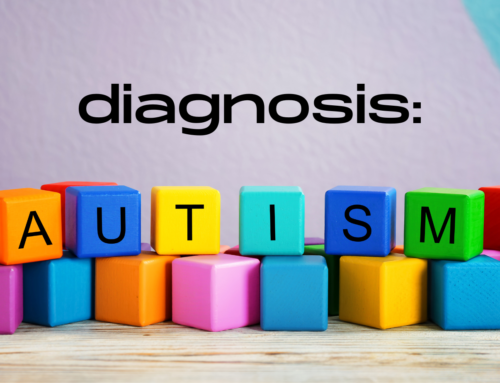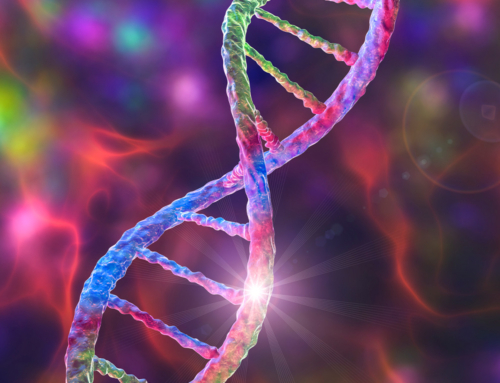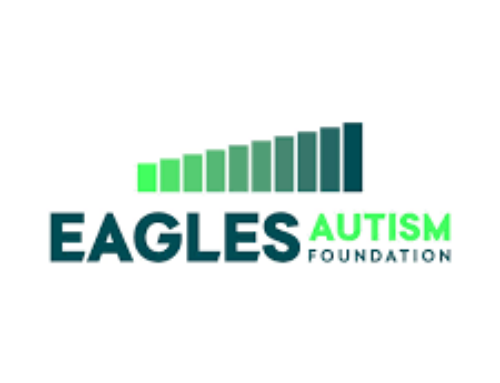Even though some banned chemicals haven’t been produced ina while; some dangerous chemicals could still be lingering in the environment.
It has been discoveredthat certain chemicals, particularly PCBs could cause damage to developing children while still in the womb, causing them to develop a higher risk of autism. PCBs or Polychlorinated Biphenyls, are a man-made chemical which was once used in a variety of household items, fluorescent lighting, and even electrical items. These chemicals have been banned since as early as the 1970s. However, these chemicals don’t break down easily, and could linger in our environment still today.
In a recent study, it was found that pregnant women who had higher levels of particular PCBs, could have as much as an 80% higher chance of their child developing autism. The same children had almost double the risks of also developing other intellectual disabilities.
The findings aren’t conclusive,however. The lead researcher on the case Kristen Lyall was quoted as saying that “Autism is a complex condition with many different causes, and those causes vary among individuals.” Many experts believe that for a child to develop autism, they also need to have a genetic predisposition to the illness, as well as contributing environmental factors. There is still ongoing research into all of the environmental factors, with many experts believing that poor nutrition, infections, pesticides, air pollution are all contributing factors behind a child developing autism.
This latest study is interestingbut exclusively point at PCBs as the only cause ofautism. Pregnant women can take steps to help avoid their exposure to PCBs by getting rid of any old appliances and fluorescent globes and lights safely, trimming the excess fats from meat, and avoiding eating fish or shellfish from waters which may contain higher levels of PCBs.






